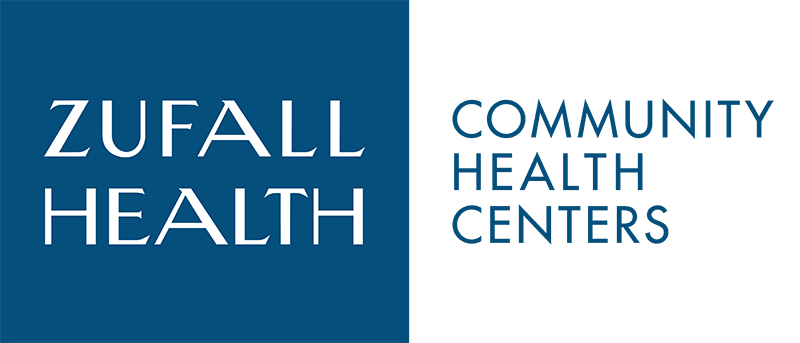

At Zufall Health, Substance Use Recovery is Part of Primary Care
Providing support for substance use disorders (SUDs), which involve the recurrent use of alcohol and/or drugs despite harmful consequences, is one of the many ways that Zufall Health helps patients achieve better health.
Though SUDs can be managed, most people do not get help. Only 1.4 percent of the 41 million people in the U.S with a SUD in 2020 received treatment. Misconceptions about people with SUDs – that they are morally weak, dangerous, or incapable of managing treatment – often discourage patients from getting the care they need and deserve.
Beyond the harmful stigma surrounding SUDs, Zufall patients tend to experience additional barriers. Care can be too costly for our patients, especially if they do not have health insurance. Our patients may also have difficulty finding SUDs services that are geographically accessible to their home or are offered in their preferred language. Combined, these factors make Zufall patients especially vulnerable to the consequences of SUDs, including poorer health outcomes, emergency room visits, overdoses, and death.
Zufall uses an integrated medical-behavioral approach to SUDs support to reduce these barriers to care. This means that our behavioral health and primary care providers work collaboratively on patients’ health goals and consult with one another. When possible, providers refer patients to their colleagues through personal introductions on the same day. Patients can also receive assistance from behavioral health case managers for linkage to supports (e.g., housing, food, transportation) and follow up with patients who miss appointments.
“Our whole-person approach acknowledges the connection behavioral health and primary care. We understand that treating a SUD is just as vital as treating a condition like hypertension, that neither condition is the patient’s fault, and that both conditions can be managed,” says Rina Ramirez, MD, Chief Medical Officer.
Through offering Medication Assisted Treatment (MAT) as part of primary care, for example, we blend behavioral health and primary care. MAT provides medication to primary care patients to treat alcohol and opioid use disorders. These medications normalize brain chemistry and body functions, block the euphoric effects of alcohol and opioids, and lessen cravings to help people maintain recovery from SUDs. Patients using MAT can also receive counseling from our behavioral health team.
Zufall also offers recovery support to pregnant individuals through the Maternal Wraparound Program (M-WRAP). M-WRAP provides intensive case management for anyone 18 and older living in Morris, Sussex, or Warren County who has used substances during their pregnancy and up to one year postpartum. M-WRAP participants are referred to medical and dental care at Zufall as needed along with a host of enabling services available in-house or at other agencies.
By integrating support for SUDs with primary care with MAT and M-WRAP, Zufall is providing more ways for our patients to access lifesaving care. Caring for SUDs in the context of primary care also helps to normalize and destigmatize these services as part of overall health care.
“There is no wrong path to recovery, and Zufall is happy to be a partner to our patients in their recovery journeys,” says Sarah Aleman, MSW, LCSW, Director of Behavioral Health. “Our patients should always feel safe to discuss SUDs with any provider at Zufall.”


